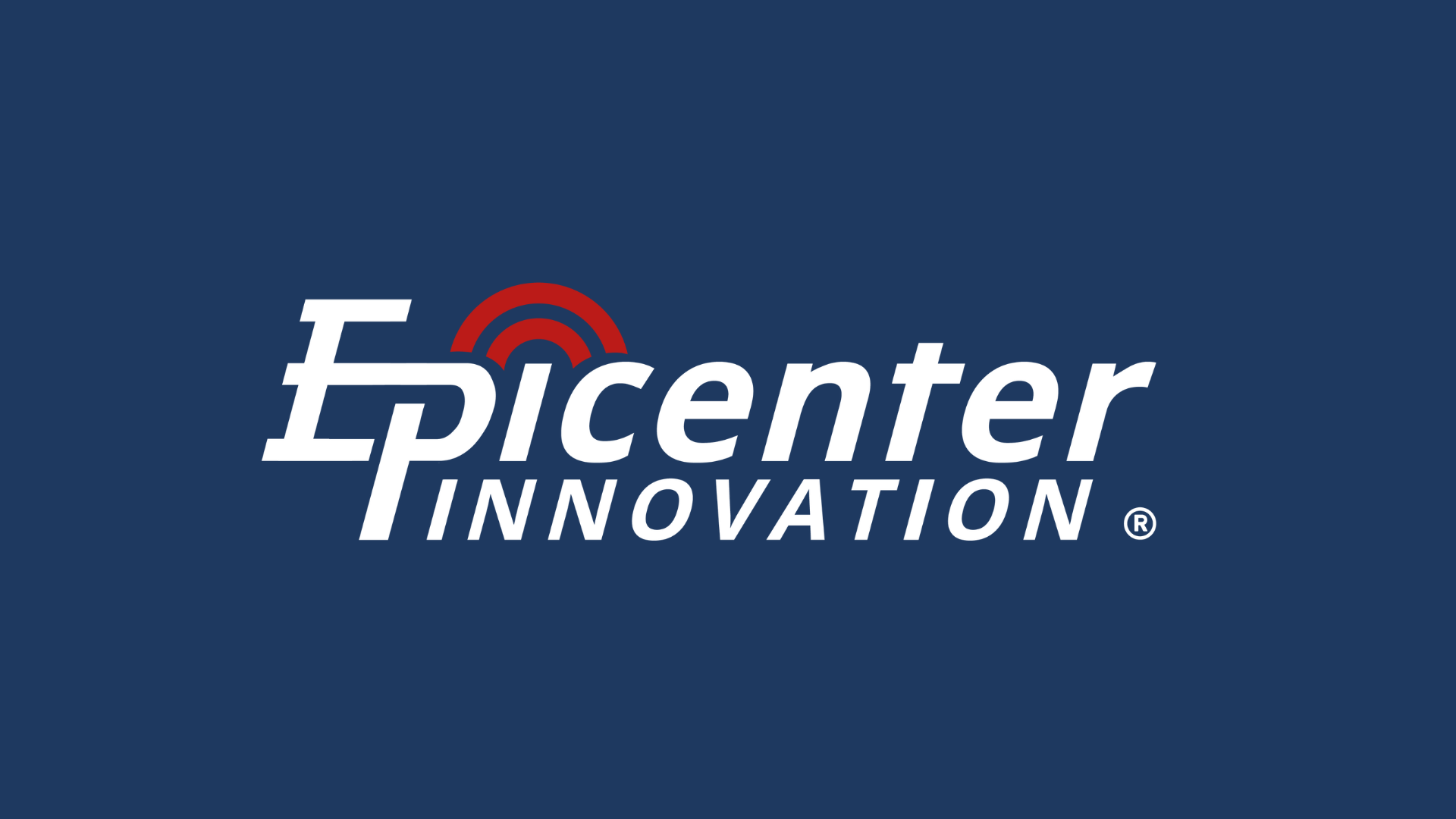Comparing Assessments
RITA & Enneagram
Understanding oneself, embracing personal growth, and fostering meaningful relationships are essential for a fulfilling life journey. Two powerful assessment tools used for self-discovery and personal development are the Resilience Innovator® Type Assessment and the Enneagram. In this article, we will compare and contrast these two assessments, examining their similarities and differences, as well as their potential applications in enhancing self-awareness and personal growth.
What is Enneagram?
The Enneagram is a personality typing system that delves into nine interconnected personality types, each representing a unique worldview, motivation, and behavior patterns. It provides a comprehensive understanding of how individuals perceive and navigate the world, offering insights into their strengths, growth areas, and relationship dynamics.
How Can I Use Enneagram?
The Enneagram is widely used for personal development, self-awareness, and building healthier relationships. It helps individuals gain insights into their core fears, desires, and unconscious patterns, fostering personal growth, empathy, and emotional intelligence. The Enneagram also serves as a tool for enhancing team dynamics, communication, and conflict resolution.
What is RITA?
The Resilience Innovator® Type Assessment (RITA) is a personality assessment tool. It identifies an individual’s Resilience Innovator® archetype, of which there are ten. These archetypes represent different approaches to resilience, problem-solving, and innovation, with each type having its unique strengths and preferences.
How Can I Use RITA?
RITA is specifically designed to assess an individual’s resilience level and innovation style and can be used in various contexts, such as innovation and entrepreneurship training, organizational development, and leadership development. It can help individuals understand their reactions to stressful environments, their natural innovation tendencies, their strengths in the innovation process, and their areas for growth. It can also facilitate effective teamwork and collaboration by bringing together individuals with complementary innovation styles.
How are RITA and Enneagram similar?
Both RITA and the Enneagram are interested in providing data related to a person’s behavior and motivating factors, which gives an individual a higher sense of self-awareness. They also both use typology to communicate personality types, the Enneagram with numbers and RITA with the Resilience Innovator® archetypes.
How are RITA and Enneagram different?
- Focus: The Resilience Innovator® Type Assessment primarily focuses on identifying an individual’s innovation style and problem-solving approach, while the Enneagram delves into personality types, core motivations, and behavior patterns.
- Research: The Enneagram, while widely used, is not as robustly backed by research as other personality assessments on the market. The Resilience Innovator® Type Assessment, on the other hand, is based on comprehensive research related to resilience and innovation. The assessment was designed to measure principles of these concepts after a lengthy literature review, primary interviews with resilience builders, and case studies from people working in highly stressful environments.
- Applications: The Resilience Innovator® Type Assessment is beneficial for innovation-driven environments, entrepreneurship, and leadership development as it relates to stressful environments. The Enneagram is particularly valuable for personal growth, self-reflection, relationship-building, and fostering empathy.
In conclusion, both the Resilience Innovator® Type Assessment and the Enneagram provide valuable insights into personal growth and self-awareness. While the Resilience Innovator® Type Assessment focuses on personality types and behavior in crisis, the Enneagram offers a comprehensive exploration of personality types, motivations, and behavior patterns in general. The choice between the two assessments depends on the specific objectives and areas of focus for personal growth and development. Whether one seeks to enhance innovation capabilities or delve into deeper self-understanding and interpersonal dynamics, both assessments contribute to fostering personal growth, meaningful relationships, and a greater sense of self-awareness.
About Epicenter INNOVATION
Epicenter Innovation® is an award-winning professional services firm driven by human-centered, resilience-focused innovation. Our team is here to help you implement a proven framework for creating impact & unlocking the potential of your people.
We’re the connective tissue between organizations that produce technology and those in the field using it. By working on both sides of the public/private-sector divide, we serve as translators & change-makers at all phases of the disaster management lifecycle – driving human-centered, resilience-focused innovation before, during, and after major incidents.
How Can We Help Your Organization?
Book a Call With the Epicenter Innovation Team
Read More
Top 10 Tips to Increase Personal Resilience
Inrceasing your resilience shouldn't be hard, but where do you start? We've got some easy ways to get you going on your resilience journey.
Top 10 Tips for Making Your Team More Innovative
Innovation is vital to having your work make an impact, but it shouldn't be hard. These ten easy tips will help foster an innovation culture for your team to thrive.
Exploring Innovation in Resilience-Building Practices
We've known for a while that resilience and innovation go hand-in-hand. But how? Learn in this short article.

